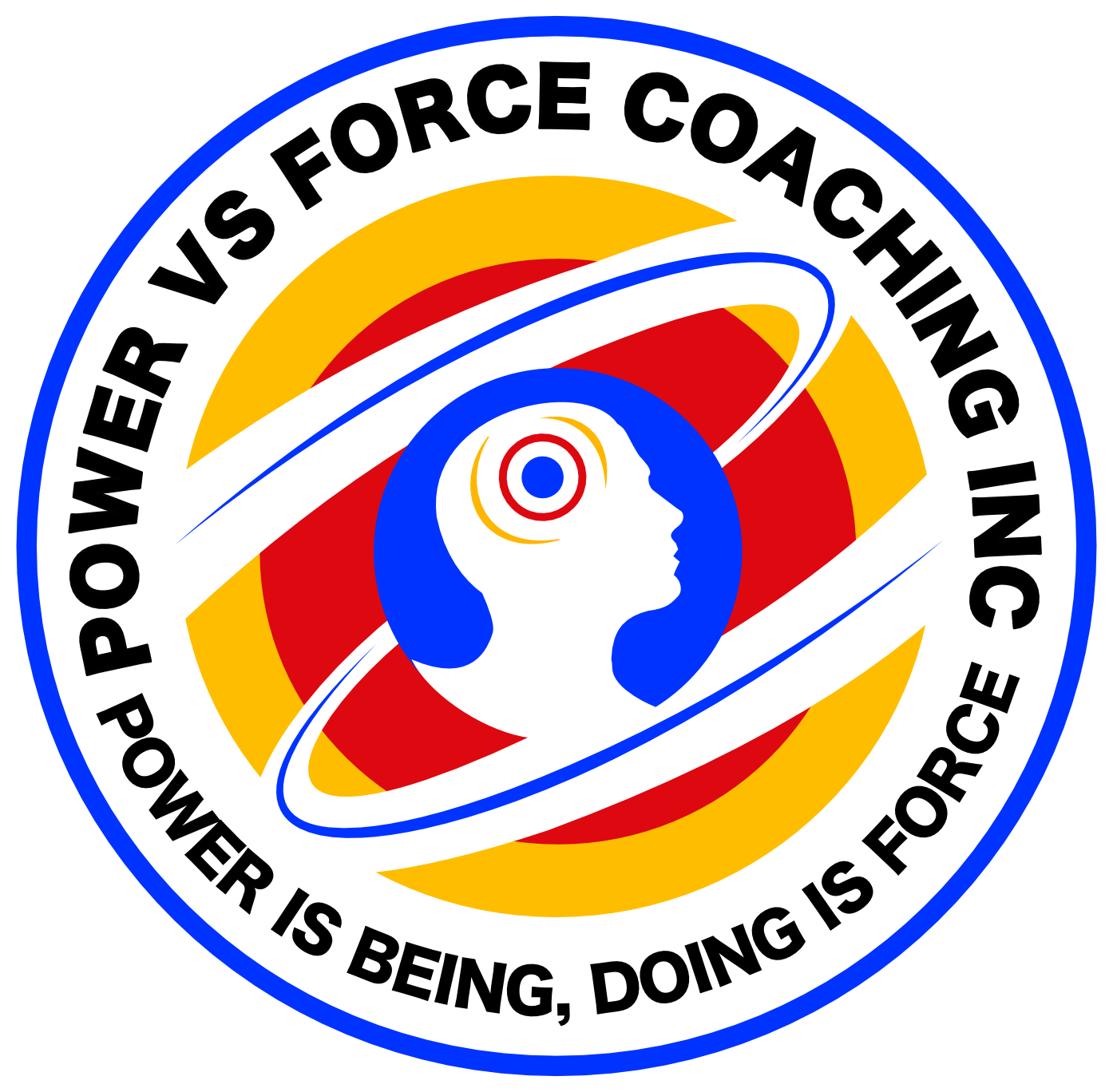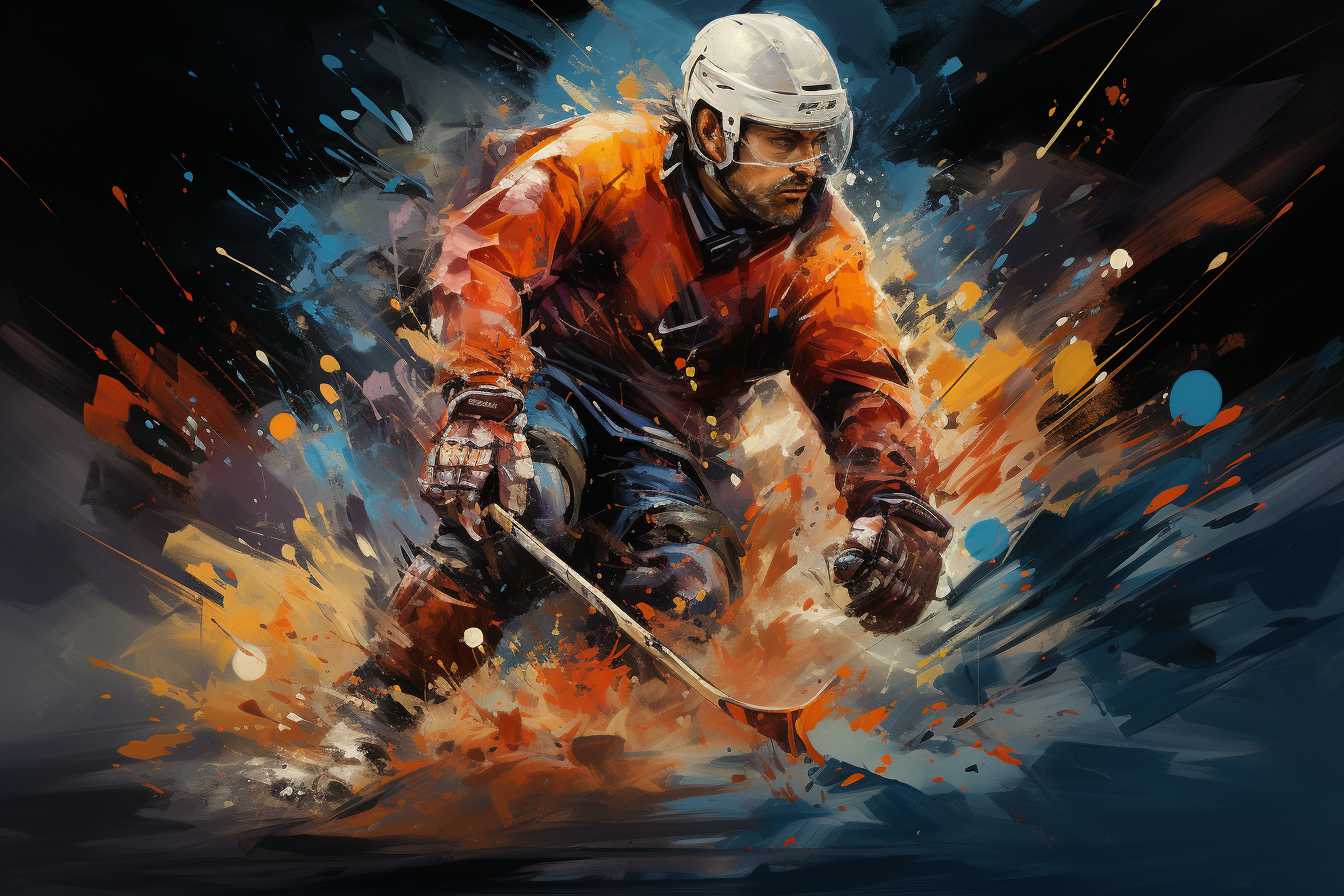As a COR.E Performance Dynamics Specialist, I understand that peak performance in hockey doesn’t stop when the final buzzer sounds or the practice session ends. Recovery plays a vital role in any athlete’s success, and it’s especially crucial in a physically demanding and fast-paced sport like hockey. Ignoring the need for proper recovery can lead to decreased performance, increased risk of injuries, and mental fatigue. Below we explore the importance of recovery, both physical and mental, and provide 10 effective strategies for hockey players to recharge and recover post-game or practice.
Why is Recovery Important?
Physical Aspects
- Muscle Repair: The intense exertion during a hockey game causes muscle fibers to break down. Recovery is the phase where these fibers heal and grow stronger.
- Injury Prevention: Sufficient rest and proper post-game care can minimize the risk of overuse injuries and muscular imbalances.
- Optimal Performance: Adequate recovery enhances your body’s ability to
perform at its best during the next game or practice session.
Mental Aspects
- Focus and Concentration: Mental recovery is essential to regain focus and ward off burnout, ensuring that you’re mentally prepared for the next challenge.
- Psychological Resilience: After a loss or tough practice, mental recovery techniques can help players bounce back more robustly.
- Emotional Balance: Mental recovery provides an opportunity to regulate emotions, helping players maintain a calm demeanor under pressure.
10 Effective Recovery Strategies
Physical Recovery
- Cool Down and Stretch: Spend at least 10-15 minutes cooling down. Focus on static stretches to increase flexibility and prepare muscles for the recovery process.
- Hydration and Nutrition: Rehydrate immediately and consume a balanced meal rich in proteins, carbohydrates, and healthy fats.
- Ice Baths or Contrast Showers: Submerging in an ice bath or taking contrast showers can reduce muscle soreness and accelerate recovery.
- Foam Rolling and Massage: These techniques can help release muscle knots and improve blood flow, thereby speeding up recovery.
- Active Recovery: Light aerobic exercises like cycling or swimming on off-days can aid in flushing out toxins.
Mental Recovery
- Deep Breathing Techniques: Practices like the 4-7-8 technique can help lower stress hormones and improve focus.
- Visualization: Mental imagery can help you review your performance and prepare mentally for future games.
- Mindfulness and Meditation: Just a few minutes per day can reduce anxiety, improve concentration, and enhance emotional regulation.
- Positive Self-talk: Encourage yourself with positive affirmations to foster a resilient mindset.
- Adequate Sleep: Aim for 7-9 hours of quality sleep for cognitive function and emotional well-being.
Conclusion
Every hockey player must consider both physical and mental recovery as equally significant components of their overall performance strategy. By integrating these 10 effective recovery techniques into your routine, you pave the way for sustained excellence, both on and off the ice.
The emphasis on recovery should not be underestimated; it’s a cornerstone of long-term success in hockey. From muscle repair to emotional balance, every detail counts when you aim for peak performance. Implement these strategies to ensure you’re at your best for every game and practice, and you’ll set yourself up for a long, successful journey in hockey.





